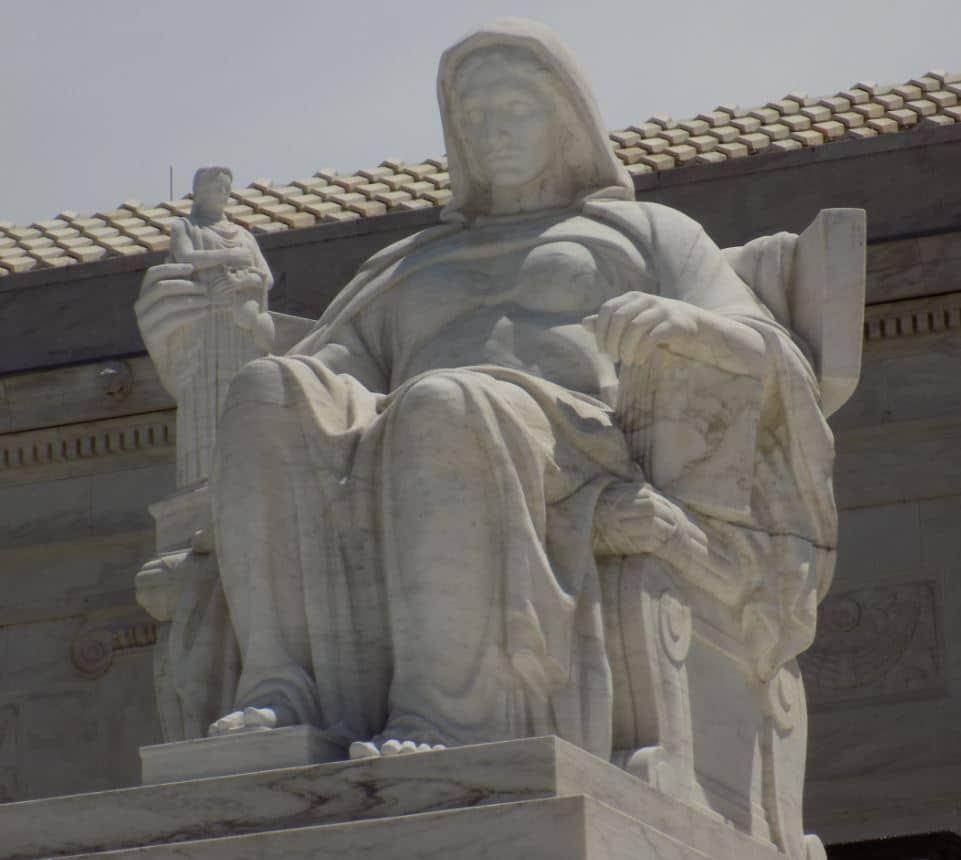Justices Reject Appeal of Obamacare, Grand Jury Secrecy Cases

WASHINGTON — The Supreme Court on Tuesday rejected a request that it resolve a dispute over the authority of a judge to order the disclosure of secret grand jury material in rare circumstances.
The underlying case stems from a researcher’s 40-year quest to solve the disappearance of a critic of the longtime Dominican Republic dictator Rafael Trujillo.
Stuart McKeever, now 82, is seeking records of a Washington, D.C., grand jury that investigated Jesus de Galindez’s disappearance in the late 1950s.
A federal judge sided with McKeever, but a divided D.C. Circuit Court of Appeals panel ruled that judges have no authority, outside of specific exceptions, to release grand jury records.
This is in contrast to appeals courts in New York, Chicago and Atlanta, which have ruled that judges do have the power to order disclosure.
The issue in the case that the justices rejected is whether federal judges have authority on their own to make exceptions to grand jury secrecy in some instances, including when a case is of great historical interest.
It should be noted, the decision not to take up this case has no bearing on an ongoing court battle in which House Democrats are seeking access to grand jury materials from special counsel Robert Mueller’s investigation.
That case turns on the question of whether the House is entitled to the records as part of President Donald Trump’s impeachment inquiry, which it contends is a judicial proceeding.
Rules that govern the federal courts specifically allow disclosure for a judicial proceeding.
In other Supreme Court news, the justices also rejected a request filed by House Democrats and a group of blue state attorneys general to expedite a hearing on a key tenet of the Affordable Care Act.
The request came after the 5th U.S. Circuit Court of Appeals ruled that the Act’s individual mandate is unconstitutional.
The petitioners hoped to expedite the high court’s consideration of the case, arguing that “under the current state of affairs, there is considerable doubt over whether millions of individuals will continue to be able to afford vitally important care.”
“If the Court does not hear the case this term, that uncertainty will likely persist through next year’s open enrollment period,” the petitioners wrote.
Tuesday’s order makes it unlikely that the justices will rule on the health care law before the 2020 presidential election.
























